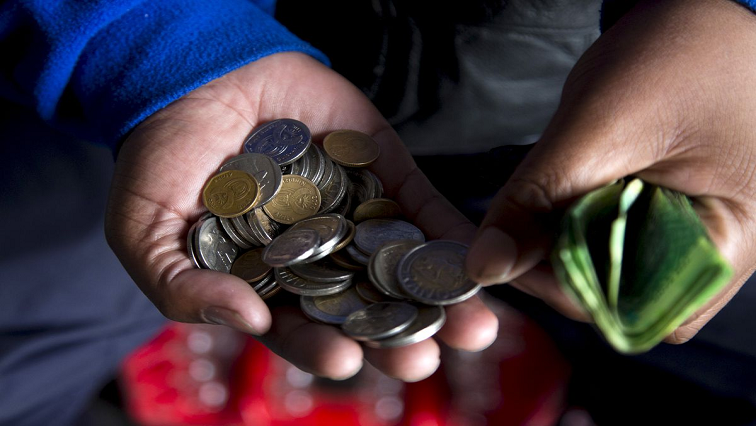Levels of consumer optimism among South Africans have decreased in the face of unrest and ongoing financial hardship during the pandemic. This is according to the latest findings from TransUnion’s third-quarter Consumer Pulse study.
The survey indicates that less than 47% of consumers are confident their household finances will fully recover in the next 12 months. Only 3% of those surveyed indicated their finances have fully recovered from the negative impact of the pandemic.
The latest survey shows consumer confidence has taken a further knock. This in the wake of the civil unrest that took place in July. The TransUnion research – conducted in August, shows 61% of South African consumers said their household income decreased due to COVID-19 pandemic. This number has remained steady since the beginning of 2021. The proportion of consumers who were upbeat about the future also decreased. From 76% in March, to the current 69%.
TransUnion’s Chief Revenue Officer, Stephen de Blanche says three out of five South Africans remain under financial pressure.
“Consumers in South Africa remain under financial pressure and 61% are indicating that their household income has been impacted by the pandemic. This has been stable since the beginning of the year, but it is concerning that three out of five people are still under some sort of financial pressure.”
De Blanche highlights other reasons why consumer confidence continues to slump further.
“Obviously the impact on household income, we see that 30% of the people that are still impacted have had a sort of job loss in the household. 34% of them feel that they have had an impact of salary reduction within the household and obviously, as the pandemic has sort of played out in a more prolonged many, many people had capacity to dig into savings policy etc. to help bridge the gap a little bit and for many people that has dried up.”
“Furthermore, consumers are changing their behaviours on how and what they purchase. More and more people are concerned about their ability to pay their bills. They prioritise the most important loans to re-pay. 4 in 10 people surveyed reported they had been in arrears for bills or loans in the past three months. Top loan consumers are struggling to re-pay mashonisa loans – close to 50%. Others include student, personal loans, and accounts with retail and clothing stores.”
” About 87% of them are still in a situation where they are struggling to pay their bills and their debts and they don’t think they will come right in the near future, they think it will be a challenge. So the implication of losing a car is much higher than the implication of not paying a clothing account. It can take three to four months you know, before paying your loan before you lose your car, he added.
Eight in ten households still consider access to credit as important, however – many consumers still believe they currently do not have sufficient access to credit. Almost 50% of consumers consider applying or refinancing new credit. Personal loans and credit card applications are on top of the list.
A substantial proportion of South Africans remain under financial pressure, with 41% reporting they’ve been in arrears for a bill or loan in the past three months. Read more: https://t.co/OmtHFPVyHM #Credit #CreditTrends #ConsumerPulse https://t.co/MRaR14c0Oq
— TransUnion South Africa (@TransUnionSA) September 21, 2021
Discussion on consumer behavioural trends:






